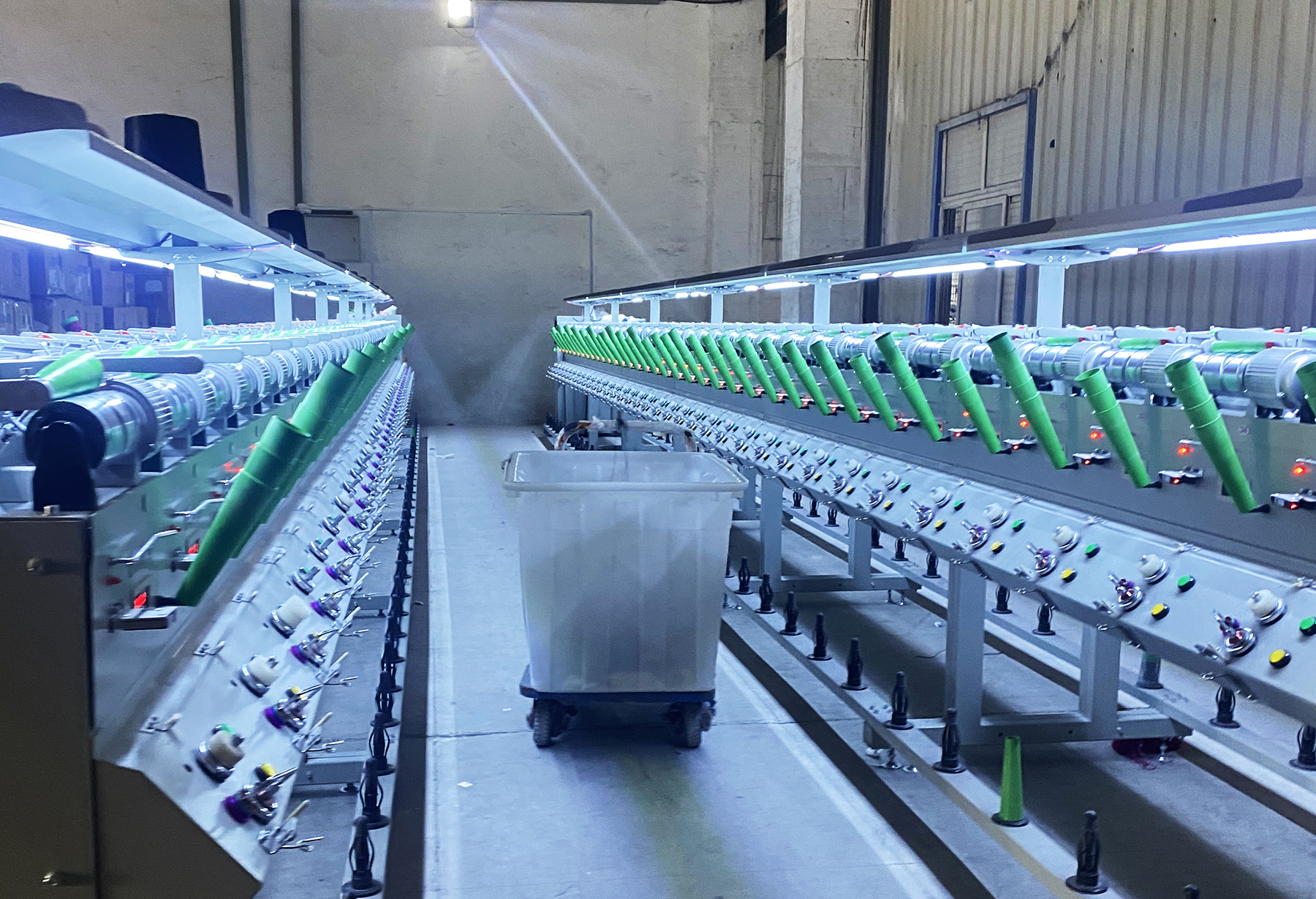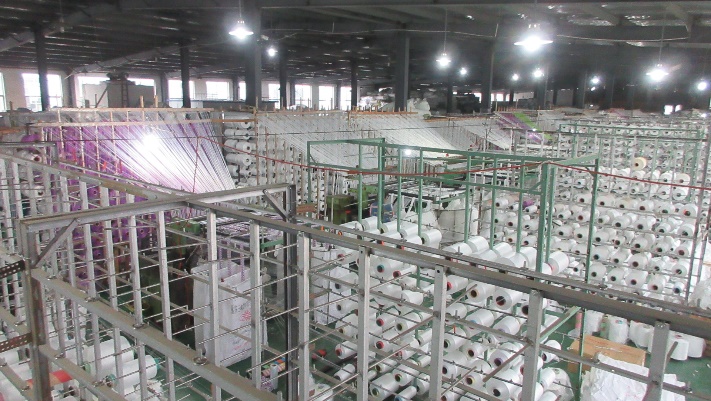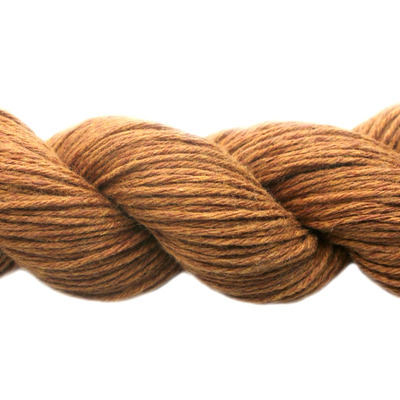
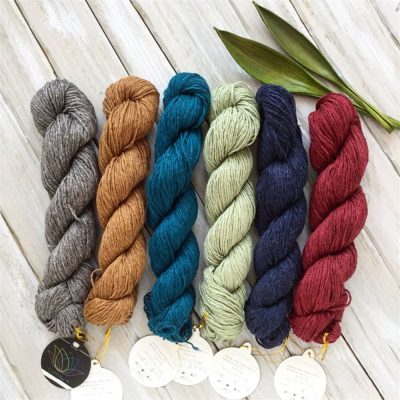
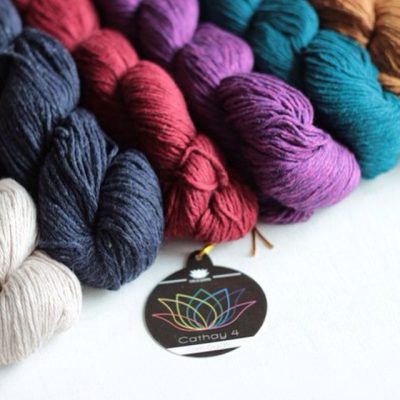
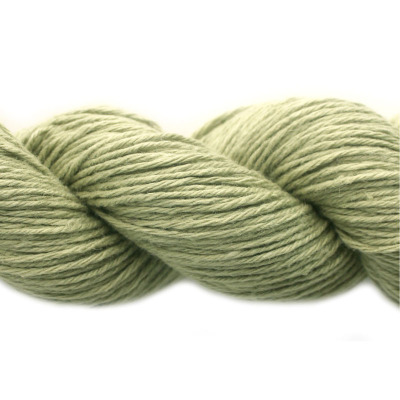
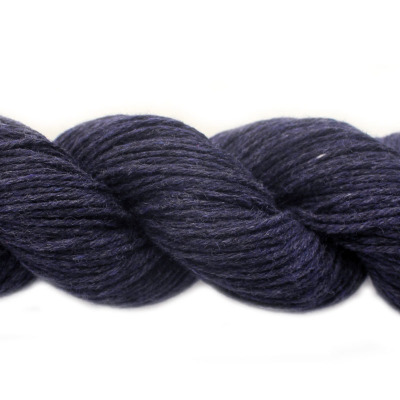
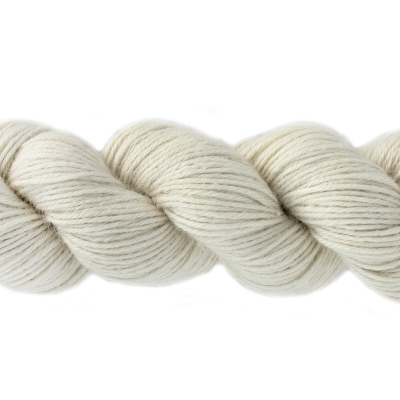
| Product Name | Silk Yarn |
| Feature | High Breaking Strength, Heat Resistance, Corrosion Resistance |
| Color | 14 colors |
| Material | 100% Silk |
| Size | 125D/30F |
| MOQ | 0.4kg |
| Application | Lining, uppers, high-grade Knitwear, high-grade (embroidered) fabrics, embroidery, underwear lace, sports and leisure fabrics |
| ODM/OEM | Acceptable |
| Package | Carton 30*50*40 |
Silk, a textile, woven from silk or synthetic fibers, man-made fibers, short silk, etc.; general term for fabrics purely woven or interwoven with silk or rayon. Silk fiber is the only natural filament fiber that has been put into practical use. It is made from the coagulation of silkworm slime. Silk fibers are divided into many types due to the different feeding habits of silkworms. Among them, there are mulberry silk fibers formed by eating mulberry leaves, tussah silk fibers formed by eating tussah leaves, and other wild silk fibers formed by eating cassava leaves, mulberry leaves, and castor leaves. Mulberry silk fiber and tussah silk fiber can retain the shape of filament fiber in the filament yarn formed by clustering, and other wild silk fibers can only be transformed into short fibers for textile processing. Among the filament yarns formed by bundling of mulberry silk fibers and tussah silk fibers, the filament yarns of mulberry silk fibers are the most important and account for most of the natural filament yarns.
The development trend of new international silk technology is to go hand in hand in the fields of clothing industry, decoration, military, cosmetics, and medical use. Japan, Italy, the United States and other advanced silk producing countries have made major breakthroughs in the comprehensive utilization of silk. For example, the application and development of extremely fine and extra-thickness silkworm species, silk is in a leading position in the fields of food, cosmetics, medicine and so on. Japan also uses silkworm cocoons and silk to develop car decoration materials, contact lenses, and artificial skin. The newly developed elastic fiber, TenceI fiber, real silk invisible printing, silk artwork and so on in the silk science and technology industry all represent the fashion, fashion and environmental protection trends of the silk industry. For example, knitwear blended with silk and cashmere has become popular in the international market. Blended silk and cashmere have greatly improved the function of knitted fashion clothing and become a new favorite of fashion favored by customers in Western Europe and North America. A major breakthrough has been made in the technical research and development of new functional silk fabrics, which conforms to the development trend of diversification, composite and fashionable silk products in the international market, and promotes the upgrading of silk products.
